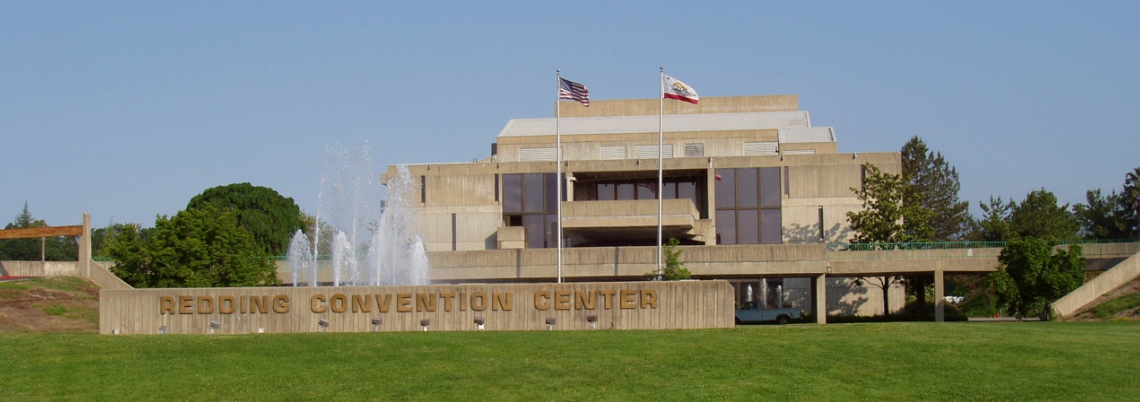Years ago I traveled to Romania not too long after communism fell. One of the things I learned about the country is that people had to lie to stay alive during communist rule. The government hated Christians, so confession would lead to the imprisonment of their children, the murder of their fathers and/or the rape of their women.
These high stakes of confession resulted in a culture where people turned to lying for protection and therefore it was extremely difficult for them to become whole. Let me explain why…
As we know, the Apostle John said, “If we confess our sins, He is faithful and righteous to forgive us our sins and to cleanse us from all unrighteousness.” (1 John 1:9). Therefore, the first step to coming into wholeness is confession. For the Romanian people, the cost of telling the truth was always too high because it demanded that they be killed or imprisoned for their honesty. So then, of course, you can see why lying would be tempting and even become a part of the way they lived their lives!
I find the same culture growing now in the political and religious spheres, where people are challenged to confess their sins and things they’ve done even years ago…but when they do so, they are met by punitive retribution that goes far beyond accountability. They often lose their jobs, their family and the things that are most important to them. Once again, a culture of punishment produces a high price for honesty and vulnerability, and it creates ecosystems where people remain tethered to soul-sickness, sin and shame!
Probably all of us would lie under certain circumstances… for instance to save the lives of our children, or maybe, in our minds, to save our marriage. Recently in the United States we had a situation where a judge supposedly did something wrong 36 years ago, and the media challenged him to confess his sins. It turns out that he probably didn’t do what he was accused of, but the punishment for confession is so great that I don’t think too many people could blame him if he was tempted to hide what happened behind a wall of shame.
If you create a culture of punishment, you will also create a culture where it’s difficult for people to tell the truth!
THE FIRST STEP TOWARDS FREEDOM IS CONFESSION
When we fail and screw up our lives, the pathway to healing is in forgiveness that begins with confession!
Part of the challenge is that sometimes people confess but they never repent! They get addicted to the feeling that happens when we bring our sins into light and the weight of shame falls off of us. The truth is that many times the addiction to confession doesn’t result in true repentance or a turnaround in behavior. Confession is important but if you think it’s the only step to wholeness, you’re missing out on full restoration!
The second step to a prosperous soul is repentance, which means to turn away from sin and actually think differently about it.
The Bible talks about the FRUIT of repentance in Matthew 3:8: “Prove by the way you live that you have repented of your sins and turned to God.”
True accountability allows those who confess to really transform. That way, people don’t just rid their sorrows with the habitual confession but rather, they intentionally turn away from their sins and walk in freedom.
ACCOUNTABILITY IS NOT CONDEMNATION
Some people may read this and think, “Well Christians shouldn’t judge others!”
That is true, but that’s really not what I’m talking about! I’m talking about judging the FRUIT in someone’s life as good or bad.
Let’s take a look at an example Jesus set…
When Jesus spoke with the woman caught in adultery in John 8, He said, “‘…Did no one condemn you?’ She said, ‘No one, Lord.’ And Jesus said, ‘I do not condemn you, either. Go. From now on sin no more.’”
Jesus told her to go and sin no more. He also said that this exhortation was not condemnation!
Bringing people into a place of accountability for their failure (the bad fruit in their lives) in a loving and honorable way is not condemnation but rather a pathway to healing, wholeness, and freedom!
CREATING A CULTURE OF REPENTANCE BEGINS WITH YOU
If you want to create a culture where vulnerability is the norm and restoration is the goal after people screw up, you must begin by modeling this yourself!
I learned this lesson years ago when my kids were teen-agers. I became angry with Kathy in front of them and treated her disrespectfully. An hour later, I apologized, and she forgave me.
I later realized that I had disrespected Kathy in front of my teenage kids. So I needed to apologize to them for being a bad example of a husband, or they would grow up believing that my behavior was okay. The next day, I gathered the kids together and asked Kathy and each of the kids to forgive me. “Okay, Dad,” they each said, a little annoyed that I was making such a big deal out of this. “We forgive you. Can we go now?” they pressed. “You can go,” I responded.
I was as glad to get that over with as they were. About a week later, one of our boys came into the kitchen and started being sarcastic with Kathy. I walked into the kitchen and said, “You don’t have permission to talk to my wife like that.”
“You were rude to Mom the other day yourself!” he responded.
“Yes,” I continued, “but you forgave me. Forgiveness restores the standard. When you forgave me, you gave up your right to act the same way that I did because your forgiveness restored me back to the place of honor. I repented. Repentance means to be restored to the pinnacle, the high place.”
“I’m sorry, Mom. I should not have spoken to you that way,” he said humbly. “I forgive you, son,” she said, embracing him.
9 WAYS TO CLEAN UP YOUR MESS AFTER FAILING
It’s very important that after we confess and repent, that we bring forth fruit of repentance which usually begins with cleaning up our mess, as my friend Danny Silk says.
Sin is like dropping a five-gallon bucket of paint in a room and asking yourself, who did the paint get on? Who did our sin affect? All those people deserve our confession and repentance.
Follow these 9 practical steps to a new life after failing:
1) Admit that you’re wrong and that it was no one else’s fault but your own.
2) Ask yourself what the real root cause of your failure is… what’s really wrong?
3) Repent; be truly sorry and change your mind about the core reason why you failed.
4) Clean up your mess; ask forgiveness of everyone and anyone that your failure affected. It doesn’t matter that they failed too. That’s not your business when you are trying to change your own life!
5) Find somebody who’s really strong in the place that you failed and ask them to mentor and disciple you.
6) Ask God to give you strength every day to turn your life around. When you fall down, get right back up and don’t feel sorry for yourself!
7) Refuse to give up; don’t make excuses for your failures or defend yourself when you’re corrected! Receive wise people’s input in your life.
8) Forgive yourself because God has forgiven you. Refuse to live in regret of the past.
9) Have a big YES in your life; find a reason to live for Jesus and a purpose that you are willing to die for!
REPENTANCE FROM SIN BRINGS FREEDOM,
NOT CONDEMNATION
Failures that we have repented of are no longer the standard that we must bow to. When we asked God and those we hurt to forgive us,we were set back up on the high place that God assigned to us. The truth is that forgiveness restores the standard of holiness in us and through us!
When you repent, you have permission to live happily ever after! That’s God’s gift to you. It’s called mercy and grace. Mercy means that you don’t receive the punishment you deserve, but grace means that you do receive the blessing you didn’t earn. This was all paid for when Jesus died on the cross. Jesus didn’t just die for you, He died as you. You get to live as if you had never failed!
Have you ever had to clean up a mess and then seen God redeem and restore the situation? What gets in the way of you walking in the fruit of repentance? I love reading your comments in the section below, so let me know your thoughts!




